Building a Mental Health Crisis System in Chicago
Published November 4, 2020 - Download Fact Sheet
Our City is in the midst of significant debate about the mental health crisis system in Chicago. NAMI Chicago has unique insight into this work, with a close understanding of how the mental health crisis response system works today, and what it will take to make changes.
For 16 years, we have worked in close partnership with Chicago's first responder agencies to provide crisis de-escalation training and create policy that reforms the crisis system.
We help Chicagoans in mental health crisis navigate these systems every day through our free Helpline, and see both the successes and challenges that they face in getting appropriate care.
.
The Mental Health Crisis System: Where We Are Now
Currently, the City of Chicago's mental health crisis system is primarily operated by first responders and public safety agencies. There are a few agencies involved, all funded by the City of Chicago, including:
Office of Emergency Management and Communications (OEMC), which operates 911 and 311
Chicago Police Department (CPD)
Chicago Fire Department (CFD)
Public, non-emergency mental health services funded and operated through the Chicago Department of Public Health (CDPH) and the Department of Family and Support Services (DFSS).
Our City must be proactive today in building the systems and infrastructure needed to provide the appropriate level of mental health care to everyone. Many other cities already have more comprehensive non-first-responder infrastructure built out, so we must do the work, and not expect instantaneous results. The system we have today is complicated, and it will take the City significant time and resources to build an alternative to scale that doesn't rely heavily on law enforcement.
While the mental health response system continues to be built, first responders will need to continue to be part of the mental health crisis safety net as a necessity. As such, we'll need to simultaneously make strategic investments and reforms in these existing models.
How We Build A Better System
A comprehensive system to support our City's mental health must have several "levels of care" or intervention alternatives. It's not just about building out a better crisis system - we must build a multifaceted response approach that can provide every person with the appropriate kind and amount of support, at the appropriate time.
This multifaceted response approach must be centrally coordinated through a dedicated agency within the City. It should incorporate best practices for the mental health crisis continuum of services, such as the services listed in the graphic below.
Adapted from: Richard McKeon (Chief, Suicide Prevention Branch, SAMHSA). Supercharge Crisis Services, National Council for Behavioral Health Annual Conference, 2015. Presented by Margie Balfour, MD, PhD, Creating and Sustaining High Quality Crisis Services: A Systemic Approach, Illinois Virtual Summit Sessions - Fall 2020
The best way to improve our mental health crisis system long-term is to invest in prevention, so that less people get to the point of needing crisis care. The City of Chicago must make investments in housing, access to health care including mental health, employment and other supports, to reduce our reliance on the crisis system and help our communities thrive.
The City of Chicago’s Role
The City can invest in prevention by:
Filling gaps in current funding (incentives for providers to co-locate)
Coordinating services (programs running centrally out of CDPH)
Leveraging county and state resources and programs to compliment the City's investments, such as utilizing adult mobile crisis response services right now for Medicaid eligible adults
The City can invest in crisis system reform by:
Investing in 911 diversion, so that crisis calls can be handled over the phone and without first responders when appropriate.
Implementing a mental health co-responder pilot that is evaluated for the quality of the mental health intervention and effectiveness for reducing system engagement.
Expansion of the co-responder pilot should be considered based on data from OEMC on where mental health crisis calls are occurring and the effectiveness and quality of mental health services provided.
Conclusion
We won't oversimplify: There is not one quick fix to improving our mental health system in Chicago. But there are solutions available. The City must work deliberately and strategically today to build structures and services that don't currently exist, to lay the groundwork for the mental health system that Chicagoans deserve to have.
For more information, please contact Jen McGowan-Tomke, NAMI Chicago COO, at jen@namichicago.org.


